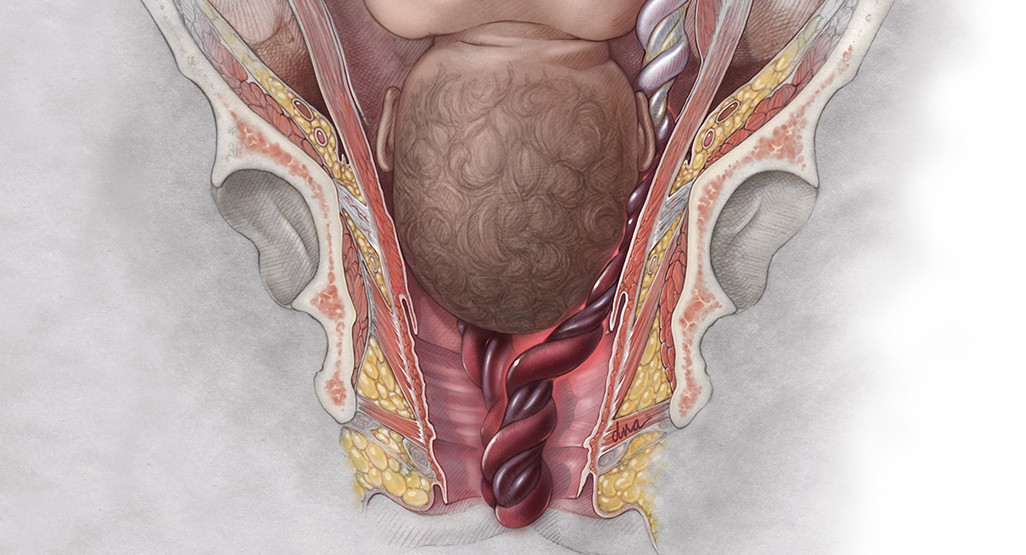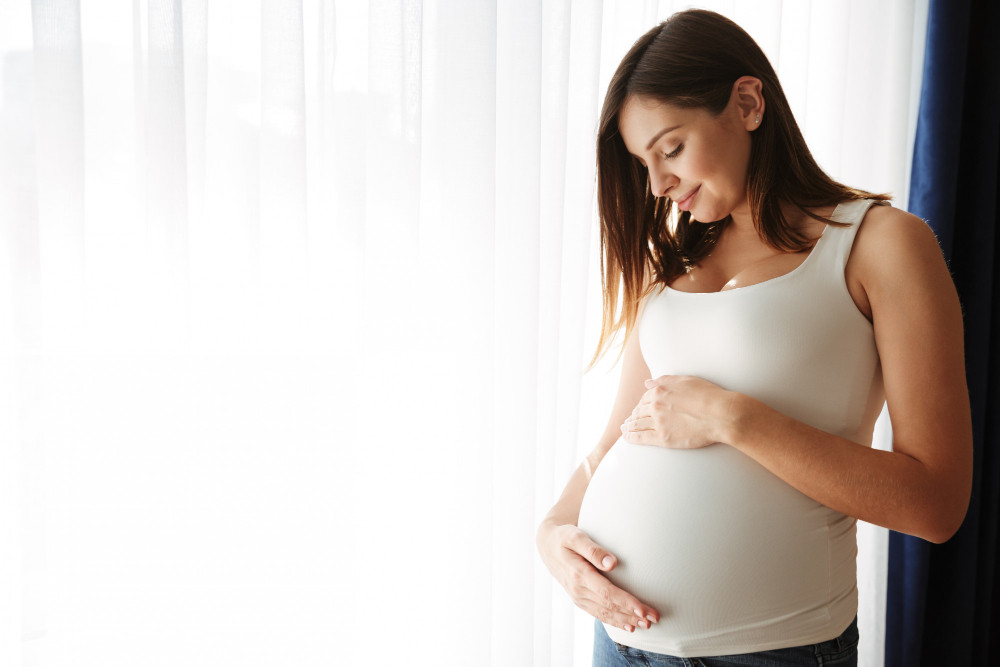Definition
Protein-energy malnutrition is a condition characterized by insufficient energy due to a lack of both macro and micronutrients. Macronutrients include carbohydrates, proteins, and fats, which the body needs in large quantities, while micronutrients are vitamins and minerals required in smaller amounts.
Nutritional intake is crucial as it provides the necessary energy. During pregnancy, the fetus requires nutrients for growth and development, leading to increased nutritional needs.
Nutritional deficiencies during pregnancy can lead to various complications, such as anemia, premature birth, low birth weight, and postpartum hemorrhage.
Read more about Anemia in Pregnancy
Causes
Malnutrition during pregnancy can arise from several factors:
- Insufficient availability of nutritious food due to low socio-economic conditions
- Oral or dental problems impairing the ability to consume food
- Unhealthy eating habits due to lack of knowledge or information about pregnancy nutrition
- Use of medications that may affect nutrient absorption
- Diarrhea, nausea, and vomiting
- Inadequate nutritional and caloric intake, failing to fulfill the increased demands of pregnancy
Risk Factor
Pregnant women need a healthy diet, including sufficient carbohydrates, proteins, vitamins, and minerals. However, many pregnant women, particularly in middle-income countries, often do not consume enough vegetables, meat, dairy products, and fruits.
Malnutrition among pregnant women is prevalent in low-income countries such as sub-Saharan Africa, South Asia, and Southeast Asia. This issue is exacerbated by a low level of maternal knowledge regarding the importance of nutrition during pregnancy.
Symptoms
Symptoms of protein-energy malnutrition during pregnancy include:
- No weight gain or even weight loss
- Rapid fatigue, shortness of breath, dizziness, and difficulty concentrating. Pregnant women may also appear pale in the skin, lips, and nails due to anemia
- Increased susceptibility to diseases, particularly infections
- Emotional instability, including depression, sadness, and inability to control emotions
Additional risks associated with inadequate nutrition include:
- Immunocompromised
- Decreased productivity due to anemia symptoms
- Increased risk of preeclampsia and premature birth due to deficiencies in calcium, zinc, and magnesium
- Nervous system diseases due to a lack of vitamin B12
- Increased risk of postpartum hemorrhage due to vitamin K deficiency
- Risk of miscarriage and fetal death due to iodine deficiency
Diagnosis
Diagnosing malnutrition during pregnancy involves measuring the mother's nutritional status. This is determined using the Body Mass Index (BMI), calculated by dividing weight in kilograms by the square of height in meters.
The World Health Organization (WHO) recommends the following weight gain during pregnancy based on BMI:
- Underweight women (BMI < 18.5 kg/m²) should gain 12.5–18 kg
- Normal-weight women (BMI 18.5-24.8 kg/m²) should gain 11.5-16 kg
- Overweight women (BMI 25-29.9 kg/m²) should gain 7-11.5 kg
- Obese women (BMI > 30 kg/m²) should gain 7-11.5 kg
Upper arm circumference measurement can also detect malnutrition, with a normal value being ≥ 23.5 cm.
Management
Management of malnutrition during pregnancy involves increasing the mother's nutritional intake. Pregnant women should consume approximately 60 grams of protein, which constitutes 20% of daily caloric needs. Fats should account for around 30% of daily intake, while carbohydrates should make up the remaining 50%.
Pregnant women need to increase their food intake, though this does not mean doubling portions at each meal. Additional caloric needs are calculated based on the trimester:
- In the first trimester, add 340 kcal/day
- In the second and third trimesters, add 452 kcal/day
- These additional calories should be combined with the estimated daily energy requirement to determine total daily caloric needs
Complications
Malnutrition during pregnancy can affect fetal growth and development, leading to complications such as:
- Fetal death due to reduced nutrient supply affecting normal fetal growth.
- Premature birth, which can result in various disorders including poor vision, muscle weakness, brain damage, and growth disturbances due to incomplete development of bodily systems.
- Congenital defects, such as spina bifida, result from deficiencies like folic acid.
In addition, babies born to malnourished mothers have a greater risk of experiencing various types of health problems when the baby grows up, including:
- Diabetes
- Cardiovascular diseases
- Osteoporosis
- Low IQ and learning disorders
Prevention
A healthy diet and physical activity during pregnancy are recommended to prevent malnutrition. WHO guidelines include:
- Consuming a balanced diet with adequate carbohydrates, proteins, vitamins, and minerals from diverse food sources, including green vegetables, meats, fish, grains, legumes, and fruits.
- Engaging in healthy lifestyle practices, including aerobic exercise and muscle-strengthening activities, to prevent excessive weight gain during pregnancy. Recommended activities include 30 minutes of daily walking or pregnancy exercise programs.
- Daily supplements of elemental iron (30-60 mg) and folic acid (400 micrograms) are recommended to prevent anemia, sepsis, low birth weight, and preterm labor.
- Calcium supplementation is advised in areas with low calcium intake, with a recommended dose of 1.5–2 grams per day to reduce the risk of preeclampsia.
When to See a Doctor?
According to WHO guidelines, pregnant women should attend a minimum of eight prenatal care visits throughout their pregnancy to reduce maternal mortality and enhance pregnancy safety. Visits should be scheduled as follows: once in the first trimester, twice in the second trimester, and five times in the third trimester.
Looking for more information about other diseases? Click here!
- dr. Alvidiani Agustina Damanik
Mom Junction. (2022). 7 Serious Causes Of Malnutrition During Pregnancy. Retrieved 15 October 2022, from https://www.momjunction.com/articles/causes-of-malnutrition-during-pregnancy_00331644/
FirstCry Parenting. (2022). Malnutrition in Pregnancy: Causes, Health Risks & Prevention. Retrieved 15 October 2022, from https://parenting.firstcry.com/articles/malnutrition-and-pregnancy-risks-for-mother-and-baby/\
World Health Organization. (2016). WHO recommendations on antenatal care for a positive pregnancy experience. Geneva: World Health Organization.
Medscape. (2022). Prenatal Nutrition: Background, Weight Gain and Pregnancy, Diet in Pregnancy. Retrieved 15 October 2022, from https://emedicine.medscape.com/article/259059-overview#a5.










